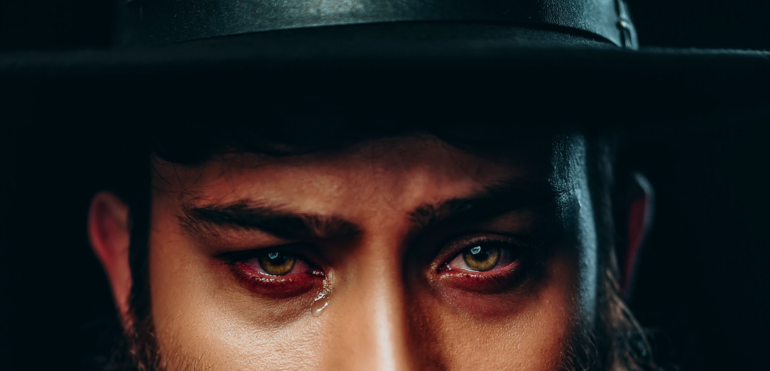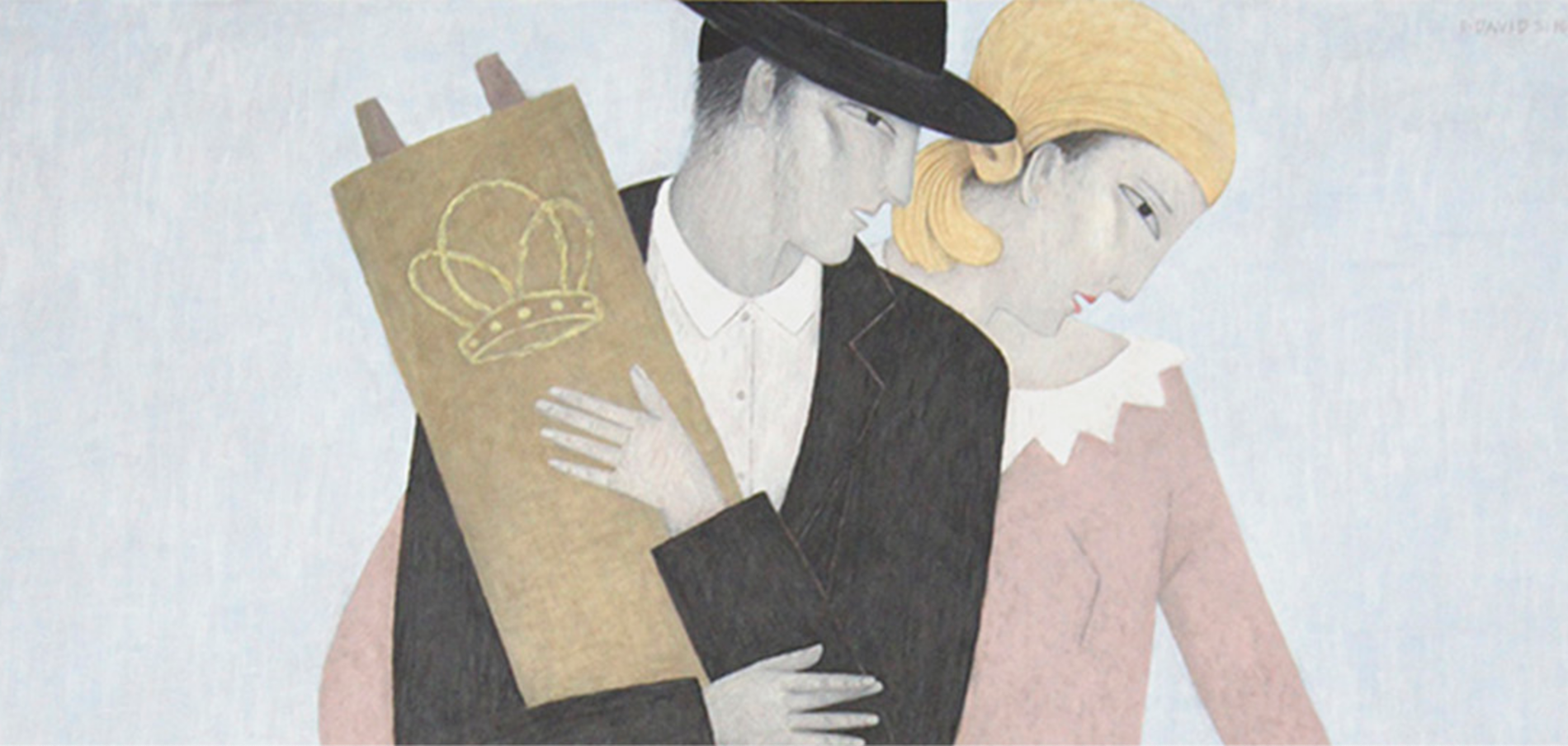
How Does Jewish Wisdom Direct Us to Work Through Trauma?
Dear Jew in the City-
How does Jewish wisdom direct us to work through trauma?
Thanks,
Shua
Dear Shua-
Thanks very much for your question. I don’t want to answer it.
That’s not to say that it isn’t important. It’s very important. I just don’t think that it’s for me to answer. (It might not be for anyone to answer!)
For sure, trauma is a part of life. We may not think about it much, but trauma occurs throughout Tanach. (Our Biblical forebears, while remarkable people, were people nonetheless and subject to the same stressors as the rest of us.)
Consider what Noach went through, building a boat in his front yard over the course of centuries, enduring the mockery of his neighbors, only to see everyone in the world aside from his immediate family wiped out in an instant. Might PTSD and survivor’s guilt not be what caused him to turn to the bottle?
Or consider what Sarah endured – lifelong fertility problems, giving her servant Hagar to Avraham as a surrogate, braving Hagar’s mockery only to subsequently bear Yitzchak in her nineties, followed by the mockery of Hagar’s son, Yishmael. Is it any wonder that Sarah and Hagar suffered a contentious relationship? (It should be noted that Sarah literally died when she learned of the akeidah, in which her son, Yitzchak, was bound as an offering. There’s no greater trauma than that!)
Finally, consider the prophet Yonah, about whom we read on Yom Kippur. He was sent to the Assyrian city of Nineveh but ran away from his mission because he feared the Assyrians’ compliance would make the Jews look bad. He was tossed into the sea, swallowed by a variety of giant fish and spit up on land, where the residents of Nineveh happily repented. At the end of the tale, Yonah is overcome by suicidal ideation and God has to intervene Personally.
There are many more cases in which we see trauma arise throughout Tanach and in many of them, we see the parties reach closure. Yitzchak and Yishmael are reconciled. Yaakov and Eisav are reconciled. Yoseif and his brothers, who sold him into slavery, are reconciled. King David, traumatized by his role in the death of Uriah the Hittite (which was legally permitted but represented a moral shortcoming on his part), eventually came to accept the situation and move past it as best one can. Even Iyov (Job), who lost everything, managed to bounce back from the abyss.
So what’s the secret? Unfortunately, I don’t believe there’s any magical, one-size-fits-all approach. Some people will tell you that the secret is tefillah (prayer), in which we forge a personal connection to God. It can feel quite empowering being able to unburden one-on-One to the Creator of the universe. But will I guarantee that it’s a cure-all for everyone who’s been emotionally scarred by events in life? I wouldn’t take that bet.
Similarly, many others place their faith in emunah (which means “faith”). With emunah, we accept that God runs the world, He has our best interests in mind and He gives us exactly what we need. (Let it be noted that I’m a big fan of emunah. I’m writing this from a hospital bed, where I’ve been for 33 days and counting thanks to the coronavirus. If I didn’t have emunah that this was where I needed to be for some reason, I think I’d have gone out of my mind weeks ago.) But would I recommend emunah as that elusive panacea for every personal issue, no matter how large? Not on its own.
You won’t find what I recommend for confronting trauma in the Talmud, and it’s really no secret at all: go to therapy.
This should come as no surprise at all. If you were to wake up in the morning and discover one of your kidneys hanging outside your body, would you call your rabbi or go to the hospital? (I’d like to assume that you’d go to the hospital but, sadly, I’ve met some people who would probably call their rabbis first. Don’t be like them if your kidney is ever hanging out.)
If you need a root canal, go to a dentist. If you’re short of breath, call Hatzalah. And if you’re struggling with trauma, see a mental health professional. This is especially true if you’re fighting thoughts of self-harm or suicidal ideation.
This isn’t meant to disparage rabbis as counselors or to dismiss Jewish thought as wisdom; they’re just not the entirety of the story. Rabbis do tend to pick up a few tricks as part of their careers, and many study pastoral counseling, but this doesn’t make every rabbi a certified mental health professional. On the other hand, many rabbis are also mental health professionals – consider Rabbi Dr. Abraham J. Twerski ztz”l, who just passed away at the age of 90. Rav Twerski was a renowned psychiatrist, a leading authority on drug treatment and addiction, and the author of more than 60 books. If you can find an appropriate counselor or therapist who’s also a rabbi, that’s great. If I had to choose, however, I’d want the best doctor possible. I can always speak to my rabbi separately, on my own time.
So, yes, we did once talk a little about addressing anxiety but trauma is very different. There’s already a world of difference between anxiety (which we all experience from time to time) and clinical anxiety disorders, which may require professional intervention. Post-traumatic stress disorder (PTSD) is a clinical anxiety disorder. I wouldn’t recommend “self-medicating” with Midrashim or “rebbe stories,” at least not to the exclusion of pursuing professional guidance.
Here’s wishing everyone good physical and mental health!
Sincerely,
Rabbi Jack Abramowitz
Educational Correspondent
Follow Ask Rabbi Jack on YouTube
If you found this content meaningful and want to help further our mission through our Keter, Makom, and Tikun branches, please consider becoming a Change Maker today.








2 comments
Sort by
My book “The Blessing of a Broken Heart,” is a memoir about how a Jewish woman deals with trauma, the murder of Koby, my 13 year old son, by terrorists in 2001. There is a lot of Jewish wisdom in it.
Refuah Sheleima, Rabbi Abramowitz. So Sorry to hear of your struggles with this Chinese Maka. Be”H, you will recover with no lingering affects